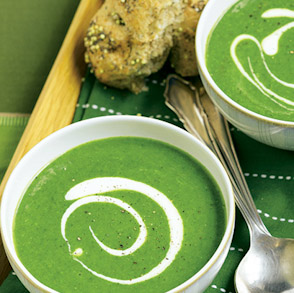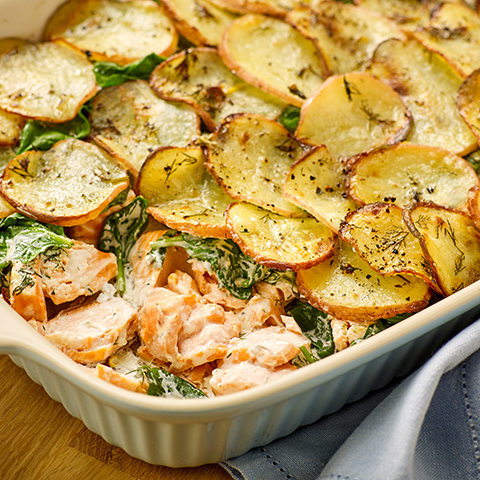How To Keep Your Heart Healthy
Looking after your heart is especially important on Valentine’s Day, but making small changes to your lifestyle and watching what you eat can make a big difference to your overall health on the other 364 days a year too.
By drinking sensibly, staying active and making sure you eat a balanced diet, you’ll be able to manage your weight, lower your blood pressure and reduce cholesterol levels which are all risk factors in developing heart disease. Here’s some ‘small steps’ advice from our nutritionists to help you on your way.
1. Add more fibre to your diet
Fruit and vegetables can be a good source of fibre. Try and eat at least 5 portions of fruit and vegetables a day. These can either be fresh, frozen, canned or dried as these each contribute as one of your five a day.
Try not to skip breakfast as this is a good opportunity to increase your fibre intake. You could start your day with an oat based breakfast cereal or some porridge sweetened by fruit - oats naturally contain oat beta glucan which helps lower cholesterol, and high cholesterol is a risk factor in the development of heart disease.
Other great sources of fibre include: beans or pulses, nuts, dried fruit, potatoes with their skin on, wholegrain versions of products such as cereals or rice and wholemeal bread.
2. Eat more fish through the week
It is recommended that we eat at least two portions of fish a week, with one of these being oily. Oily fish are a good source of Omega 3 which helps contribute to the normal function of the heart. Easy ways to get omega 3s in your diet include buying tinned mackerel and salmon for a convenient fix (remember to buy tinned fish in spring water rather than in brine - it’s less salty). You can also try adding some salmon into a salad or substitute meat with fish in any meal.
3. Cut down on saturated fats
Reducing the amount of saturated fat in your diet can lower blood cholesterol and improve lipid levels which are all major contributors to heart disease. Some types of food which are high in saturated fat include: cheese, butter, cakes, biscuits, sausages, bacon, pastries and ice cream.
Top tips to reduce the amount of saturated fat:
4. Reduce your salt intake
Limit your salt intake to less than 6g per day. Too much salt in the diet can increase the risk of developing high blood pressure, which can in turn increase the risk of heart disease.
Top tips to reduce salt intake:
Read our guide on eating a balanced diet here >>






